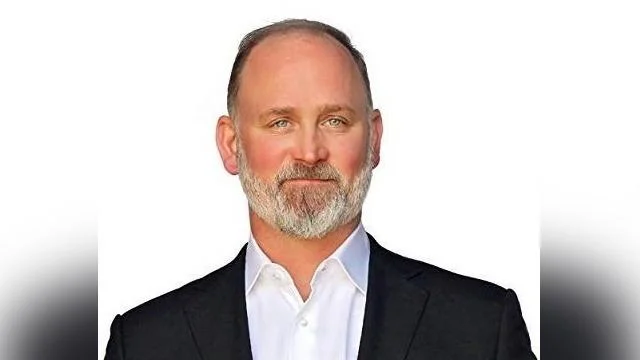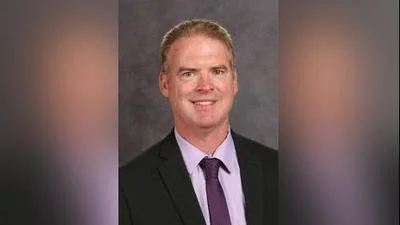Derrick Van Orden U.S. House of Representatives from Wisconsin's 3rd district | Official U.S. House Headshot
Derrick Van Orden U.S. House of Representatives from Wisconsin's 3rd district | Official U.S. House Headshot
House Veterans’ Affairs Economic Opportunity Subcommittee Chairman Derrick Van Orden recently commented on the Department of Veterans’ Affairs (VA) decision to phase out the Veterans Affairs Servicing Purchase (VASP) program. Van Orden stated, “From time immemorial, back when someone first lent seashells to buy a cave, a program like VASP has never existed. It was developed by unelected bureaucrats at the VA in direct defiance of Congress and has jeopardized the VA loan guarantee program. We are working to ensure that American servicemembers who risked their lives to protect our freedoms have the opportunity to use the VA home loan program to achieve homeownership— an essential part of the American Dream.”
The release of Van Orden's statement follows a series of concerns raised by House Republicans about the VASP program, created during the Biden administration. In February 2024, the Economic Opportunity Subcommittee conducted an oversight hearing focused on the VA home loan program, during which Subcommittee Chairman Van Orden questioned the administration's transparency in the development of VASP. Committee Chairman Mike Bost and other members also raised alarms about the program's potential effects on veteran homeowners, taxpayers, and the mortgage industry.
Since May 2024, the VA has used its authority in the VASP program to buy over $5.4 billion worth of loans, traditionally limited to under 100 loans. Criticism has emerged as the VA has yet to demonstrate how its decision would benefit taxpayers or prevent individuals from misusing a 2.5% interest rate. Originally estimating a purchase of over 60,000 loans worth $17.7 billion in April 2024, the VA opted to buy loans through VASP instead of using the partial claim program. Despite initial estimates, the average amount of loans purchased increased to $320,000. Republicans argue that a partial claim program could address most loan delinquencies at a lower cost to taxpayers.





 Alerts Sign-up
Alerts Sign-up